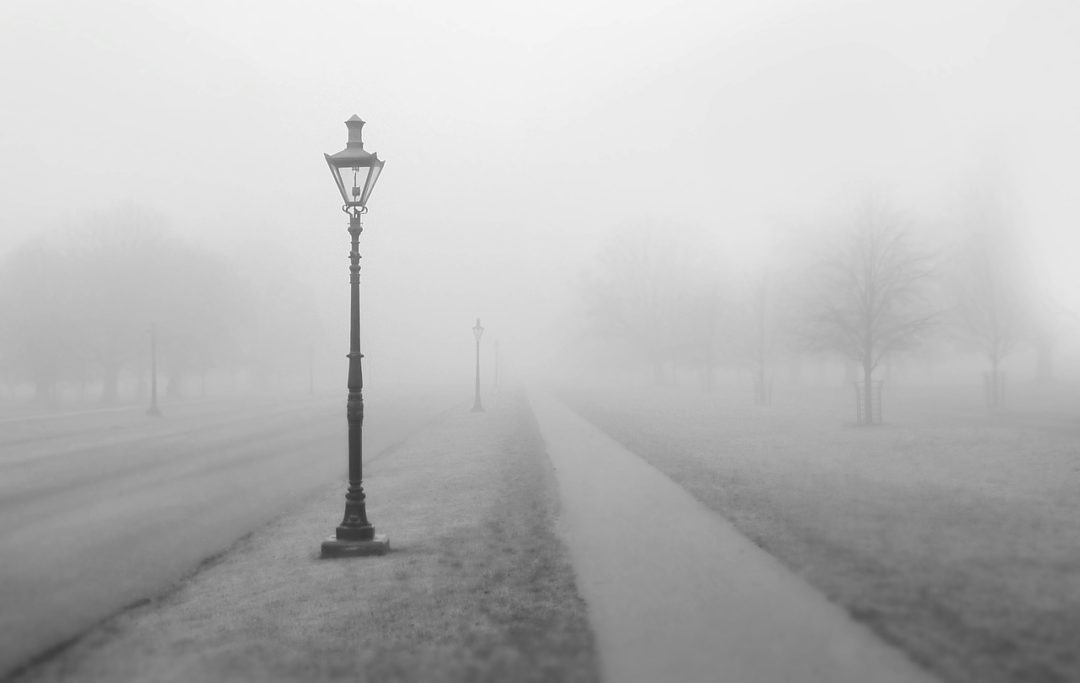There’s a scene in Willa Cather’s O Pioneers! that I’ve been thinking about lately. The novel’s heroine, Alexandra Bergson, is confronted by brothers who try to convince her that she’s too old to get married. Their actual concern is that another man–Alexandra’s potential husband–will lay claim to part of the family farm. Really, they explain, her share of the land belongs to them; all land belongs to men. So Alexandra has no right to get married and hand off their land.
Before this scene, Cather has spent many chapters establishing the fact that Alexandra is the brains of the family. Her brothers are willing to work hard, but they’re also stubborn and narrow-minded. The farm has become successful precisely because Alexandra is neither of those things. She’s progressive and willing to listen to other people; she’s the reason both of her brothers have land to be concerned about.
Alexandra tells them this. Then she points out that, if there’s actually some question as to who owns her land, they should all go to the courthouse to see whose name is on the title. (It’s hers, by the way.) Finally, she tells them to get out.
And that’s the last we see of the brothers in the novel. When Alexandra says Get out, she means it.
I’ve been thinking about this scene because, although there are many reasons to admire Alexandra Bergson, chief among them is her absolute refusal to be gaslighted. Whenever someone tries to tell Alexandra that something is true, she compares it to her understanding of reality. If the two don’t match, she trusts her own perception. She simply refuses to be told that, because she’s a woman, she doesn’t understand the world.
Gaslighting is a pretty common tactic, where women are concerned. For the past few weeks, in the wake of the Kavanaugh hearings, I’ve been listening to women be told that they don’t really know whether they were sexually assaulted–because they can’t name a specific date and address, or because they didn’t report the assault to the police, or because they can’t find a specific number of friends to corroborate their account. More than once, I’ve listened to Republican men offer verbal head pats to Christine Blasey Ford: something terrible probably did happen to her, they concede, but their guy didn’t do it. She’s just confused, poor woman.
I’ve listened to Senator Orrin Hatch tell women to “grow up” when they protested Kavanaugh’s impending appointment–because obviously, if you disagree with the men in charge, you’re a child who doesn’t respect the authority of your elders. I’ve listened to Senator Lindsey Graham tell those same women “Let’s dunk him in water and see if he floats“–because if you insist that accusations of sexual assault should be properly investigated before someone is appointed to the highest court in our country, clearly you’re irrational enough to advocate witch trials.
This is not the first time women in the United States have been told that they’re crazy if they think they can insist on being respected and heard. On the contrary–that happens every single day. It happens every time a girl in a high school principal’s office is told that she can’t expect boys to keep their hands to themselves if she’s going to dress that way. Every time a woman attempts to file a sexual harassment complaint and hears from someone in HR, “This is going to come down to he said/she said. Is it really serious enough to put yourself through that?”
Because I’m a professor, I know many young women who have dealt with sexual assault and said nothing to anyone, least of all the police. Their reasons are too numerous to list here, but among them are these: they aren’t sure anyone will believe them (since they’re women and, therefore, crazy), or they have friends in common with their attacker and don’t want to make anyone take sides, or they don’t want their parents to find out. Very often, their reasons for not reporting focus on how others will feel about what happened to them. If there’s a more conditioned female response to sexual assault than that one, I don’t know what it would be.
I worry about those young women, and the future generations of young women who will show up in my classrooms or campus office. The events of the past weeks have served to reinforce the message that, for many people, #metoo was just a lot of lip service and not much more. In reality, those people are much more concerned about what happens to men–in this case, a particular man–than with anything that happens to any woman.
For women my age, who went to high school and college in the 1980’s, this is something we’ve known for a long time. We’ve dealt with professors who rolled their eyes at our complaints about male students’ behavior, with co-workers (and bosses) who didn’t hide their ogling of female bodies. We went to parties like the ones Ford described. If what happened to her had happened to me, there is no way I would have told my parents, or the police. Because I know I would have been blamed for that assault. I would have blamed myself long before anyone else got the chance.
Once in a while, we let ourselves hope that things are finally changing. Most of the time–this week, especially–we’re pretty sure they aren’t. But we hold out hope, in spite of that. To believe that none of this can change would be to fall prey to the gaslighting message men rely on most heavily: This is just how things are.
No. This is how things have been made by generations of men who have talked at women, but refused to listen to them. And things can be made different, as long as women continue to insist on speaking their truth.





No Comments